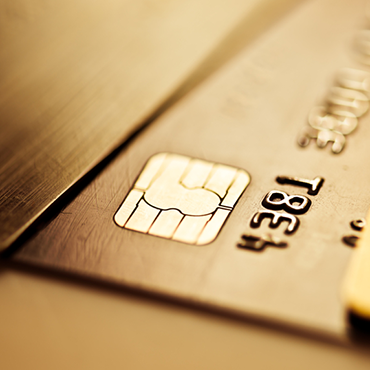Consumer bureau's data collection raises congressional hackles

Plans by a financial regulator to collect information on potentially hundreds of millions of credit card and other accounts has House Republicans demanding answers.

Plans by a financial regulator to collect information on potentially hundreds of millions of credit card and other accounts has House Republicans demanding answers and proposing new legislation that would allow consumers to refuse to share some financial data with the government.
Rep. Sean Duffy (R-Wis.), vice chairman of the House Financial Services Financial Institution and Consumer Credit Subcommittee, is in part responding to reports that the Consumer Financial Protection Bureau CFPB is interested in keeping tabs on credit card activity nationwide. The agency has also bought consumer data on automotive and payday loans from credit bureaus.
"The CFPB is responsible for monitoring the market to make sure that the companies are playing by the rules and treating consumers fairly," an agency spokesman said in an email statement. "Collecting anonymized data on large banks' credit card practices is an important part of that work."
The credit card monitoring has echoes in mortgage-market monitoring already being done by the CFPB. In the mortgage markets, the agency uses data to evaluate whether financial institutions are adhering to fair-lending practices.
"If we have no information, we can't carry out our responsibilities. That's very clear," CFPB director Richard Cordray said at a Sept. 12 hearing of the House Financial Services Committee.
In the credit card markets, the agency might be looking for information on whether financial transaction fees are more expensive for lower-income people, and if those people are being marketed financial products without regard for their ability to repay.
One problem for financial institutions is that the data from card issuers and other financial institutions isn't reliable enough to serve as the raw material for policy analysis, according to attorney Mercedes Kelley Tunstall, who tracks CFBP activity for her practice at law firm Ballard Spahr. She's also concerned that disparities in data collection practices could lead to a call by the CFPB for banks and other lenders to standardize their data. Tunstall, who represents banks in her practice, sees this as potentially establishing a new expense for the regulated companies.
There are restrictions on how the CPFB can collect personally identifiable information from consumers. While the agency does gather information to investigate consumer complaints, the data it receives from financial institutions is supposed to be anonymous.
"They have been very vague about how it is anonymized," Tunstall said.
At a hearing on Sept. 12, Financial Services Chairman Jeb Hensarling (R-Texas) noted that he had been seeking answers to questions on data collection since July. These questions include how many third parties have access to CFPB data, if it's searchable by personally identifiable information, and the number of individuals on which the agency is collecting data.
The CFPB does plan to share anonymized data for research purposes with academics and other interested parties. "It's credible to say that within the next year, CFPB will be the best place for consumer finance data. Anybody who wants to do research on consumer finance will want to be there," Sendhil Mullainathan, assistant director for research at CFPB, told Bloomberg in April.
Last week, Cordray told members of the House panel to expect answers to about 200 questions in a matter of days.
NEXT STORY: Shooting at Navy's largest system command



